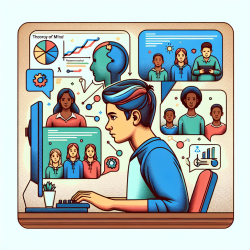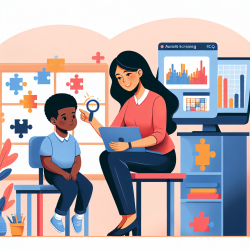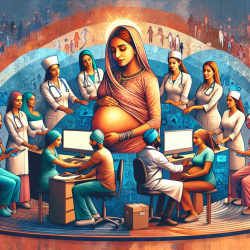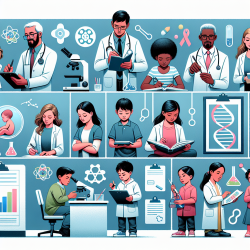The landscape of mental and physical health care is evolving, particularly for racialized and gendered communities in North America. As practitioners, it is crucial to adapt our skills and approaches to meet the unique needs of these populations. The research article "Flames of Transformation: Igniting Better Mental and Physical Health for Racialized and Gendered North Americans" provides valuable insights into how we can achieve this transformation.
Understanding the Challenges
The COVID-19 pandemic has highlighted existing inequities in healthcare access and outcomes for Black, Indigenous, and Women of Color (BIWOC). These groups face compounded challenges due to systemic racism, sexism, and economic disparities. For instance, Canadian BIWOC earn significantly less than their non-racialized male counterparts, which exacerbates their vulnerability to economic downturns.
Moreover, the pandemic has intensified issues such as food insecurity, inadequate internet access, and insufficient data collection on BIWOC health. Addressing these challenges requires a multifaceted approach that includes policy changes, community-based programming, and a commitment to research focused on these communities.
Strategies for Practitioners
Practitioners can play a pivotal role in transforming healthcare delivery by implementing the following strategies:
- Emphasize Cultural Competency: Engage in continuous education on cultural competency to better understand the unique experiences of racialized and gendered individuals. This includes recognizing implicit biases and fostering an inclusive environment.
- Advocate for Policy Changes: Support employment equity initiatives that prioritize hiring racialized women in groups. This approach not only addresses systemic inequities but also fosters solidarity among BIWOC.
- Enhance Data Collection: Advocate for more granular data collection related to ethnocultural status. This data is crucial for developing targeted interventions that address the specific needs of BIWOC communities.
- Promote Community-Based Programs: Collaborate with community organizations to design programs that address social determinants of health such as food security and internet access. These programs should be driven by the communities they aim to serve.
- Integrate Traditional Medicine: Explore integrating traditional healing practices with conventional medicine to provide holistic care that respects cultural preferences.
The Role of Research
The research by Shroff underscores the need for more studies focused on BIWOC health. Practitioners are encouraged to participate in or support research initiatives that aim to fill existing gaps in knowledge. By prioritizing research on racialized women's health, we can develop evidence-based practices that improve outcomes across diverse populations.
Conclusion
The journey towards equitable healthcare for racialized and gendered communities is ongoing. As practitioners, we have the opportunity to ignite change by enhancing our skills, advocating for policy reforms, and supporting community-driven initiatives. By doing so, we contribute to a healthcare system that truly serves all individuals with dignity and respect.
To read the original research paper, please follow this link: Flames of transformation: Igniting better mental and physical health for racialized and gendered North Americans.










